“It was a delightful visit; — perfect, in being much too short.”
Jane Austen, “Emma”
There’s a little-known moment in the Gospel of Mark when Jesus, concerned with the rising costs of fish and bread, instates a means-testing policy, deciding to only give fish and bread to the ones who already have a bit of fish and bread. This is because giving fish and bread to the ones without any at all would prove too expensive — better to give only to the ones with decent amounts of fish and bread, so thought Jesus, because then he and the disciples could more sustainably market themselves as givers of fish and bread.
I’m kidding. This is, of course, not quite how it happens in the Bible, since such a policy of benevolence would empty the miracle of the seven loaves and few fishes of all its meaning and possibly evacuate Jesus of all his.
On an unrelated note, I find troubling the news that the Board of Trustees is seriously reconsidering its practice of need-blind admissions in the face of a solvency crisis. For better or worse, for the last forty years, meeting the demonstrated need of students after they gain admission has been part and parcel of our school’s character. When I began my college search some five-odd years ago, the current Grinnell students I spoke to, above all, flaunted this school’s generosity as their number one reason for attending. I myself have continued this tradition by touting how Grinnell is more affordable than my state’s flagship university. What’s more, building a diverse community of students while meeting their financial needs remains part of Grinnell’s core mission and values per its mission and values page.
To jettison our core foundations – being benefactors of outstanding, affordable and equitable learning experiences – is, for most of us, to surrender what is the defining characteristic of Grinnell College itself. In other words, to end need-blind admission is to join the ranks of the numerous schools that exist for the sole purpose of existing, those that serve only the wealthy few who allow them to continue their so-called mission without financial strain. In a country supersaturated with academe, where we are among a few elite schools with a handful of salient principles remaining, why should we want to join the banal plenty?
We and many of our peers have fallen prey to a spiritually bankrupt notion of legacy, that bogey directionlessness that propels institutions like Grinnell to abandon all ambitions save self-preservation. As much as I regret sounding the alarm about what this means for us, from a creative standpoint, it seems the administration has thrown in the towel. It’s one thing to abandon our purpose – it’s another to do so because we lack creative vision. I propose a better way of giving up.
According to Vice President of Communications and Marketing Ellen de Graffenreid, Grinnell spends around half of its endowment every 12.5 years. This means that in 25 years, Grinnell could, theoretically, exhaust the endowment in its entirety. To this, I say, why not? Why not turn the unfortunate reality of our budgetary finitude on its head by becoming one of the country’s most generous institutions of higher education until we can’t anymore?
For something like 12 to 16 years, or three to four graduating classes, this college has the unprecedented opportunity to meet and exceed the financial needs of every student while embracing its inevitable demise into the annals of American academia. The Grinnell coda, I imagine, will not only see the affordable education of several thousand qualified and socioeconomically diverse students, but also a pageantry of festival that rivals the funeral of Queen Elizabeth II.
The widely criticized mandatory meal plan would reach the end of its short life. Instead, the dining hall would be free, with nothing but the most popular dishes on rotation – gooey butter cake and chicken strips on the weekly, a sundae bar every night. Allergy-free options that cater to the tastes of the people eating the food. No more swipes, no more time limits on to-go boxes. We would be able to stock fresh, local foods as the norm and welcome the campus community to eat whatever they’d like. We would pay dining hall staff handsomely.
We can throw cash at SHAW and create robust therapeutic and social services, enabling more students to remain enrolled, finishing out their degrees on time and sending us back to the top of national rankings.
Lyle’s Pub and Bob’s Underground could reopen in full, with exciting new menus and robust student-driven music and arts programming –– Pub Quiz returns to its rightful home. SGA throws an unprecedented concert series, with a budget apt for multiple big-ticket headliners. Course-embedded travel becomes standard rather than the exception, and we build a tradition of spending spring breaks together, drinking our way through Europe and writing about it for one of our several well-financed literary magazines. We’ll get Bounty paper towels in the bathrooms. Forced doubles and triples become a thing of the past as we no longer over-enroll to make ends meet. We close the golf course, turn it into a public park.
For the final graduating class, we’ll hold a memorial service for the school we loved, or the school we wanted but didn’t quite get. William Crosby gives the final commencement and moves into the HSSC for good. We invite that one guy who plays bagpipes to serenade us with “Amazing Grace” as we hold requiem for the precious memories we made bullshitting in our medieval history class, finding requited love in front of the trees on South Campus or vomiting up our second pitcher of PBR at Rabbitt’s Tavern.
With the remaining funds, Grinnell pays out the most generous severance packages in the history of higher education, whether that’s for FM staff or the late-career academics, sending practically everyone into an early retirement.
Though I have hopefully awakened us from our pragmatic slumber, there remain some inconvenient practical considerations. Although I firmly believe money is no object for this institution, we must consider at least a few costs, just to be sage – though, if I oversaw spending on the company card with a $3 billion cap, I would probably be asking these questions later.
I answer with another opportunity to put money into the pockets of Grinnell students: let’s conduct a full fiscal analysis under the auspices of a good old-fashioned MAP. The economics students at the College would have the chance to spearhead a project the likes of which no undergraduate institution has ever seen – a detailed plan for its total collapse. Imagine that on a résumé.
For the last several years, we’ve all seen the Grinnell of the admissions pamphlet fall prey to a politic of austerity, dogging our experience as students. Whether it’s the ransacking of student government, atrociously overcrowded student housing or the boondoggle that was the College’s legal team during union negotiations, this latest move feels like the final blow in a years-long struggle of begging for a halfway decent student life – and now to invite a new generation of Grinnellians to fork over even more money for an already subpar experience?
Let’s be clear. I’m not suggesting that we spend frivolously for its own sake – I’m suggesting we spend the rest of our money making what the College has failed to create for the last five years. Enough is enough. This version of this school is not worth preserving, much less paying for without heaps of financial aid.
Once we stop desperately clinging to the idea of a permanent Grinnell College rather than a school that serves students, once we stop guarding the endowment like a gold coffer and start dishing out cash like the expendable resource that it is, the possibilities of the student experience here––however short-lived––could reshape American academia for generations to come.
As we know, institutions have lives and lifespans. Grinnell, it seems, is exhausting its own. Why not take this failure as an opportunity to triumph at something new?

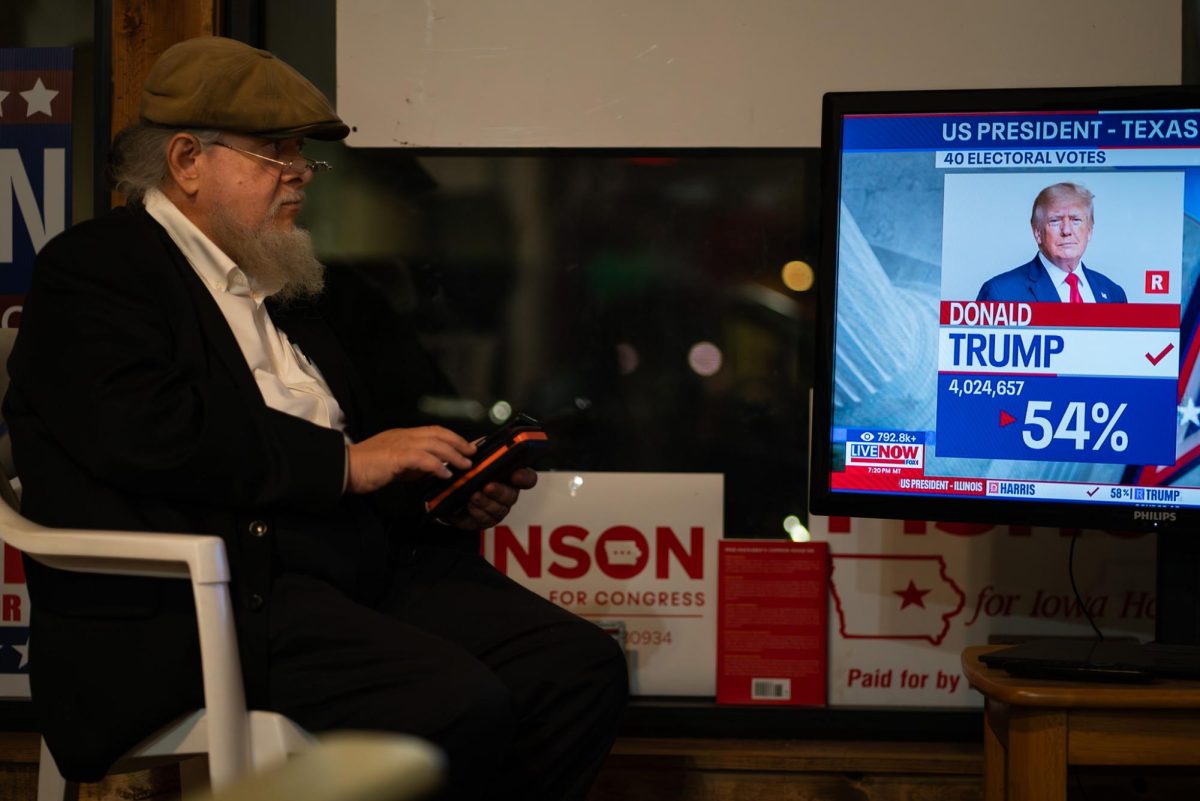
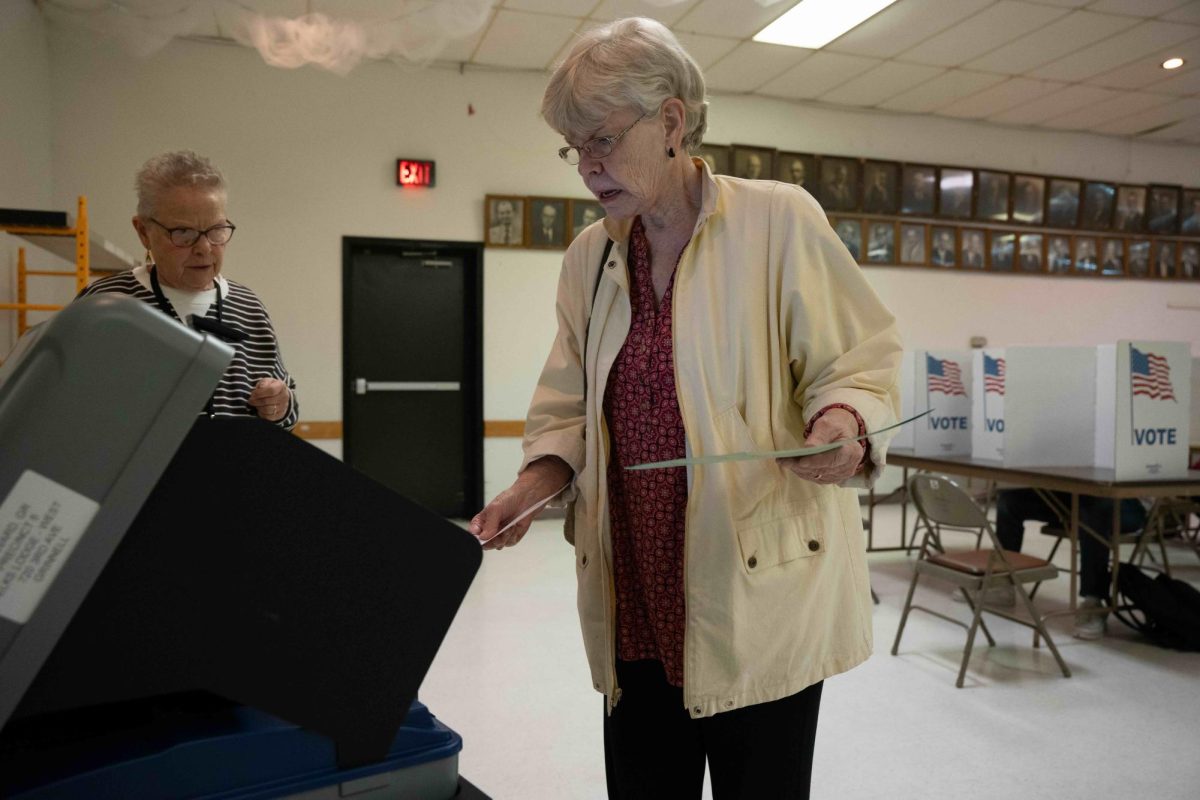




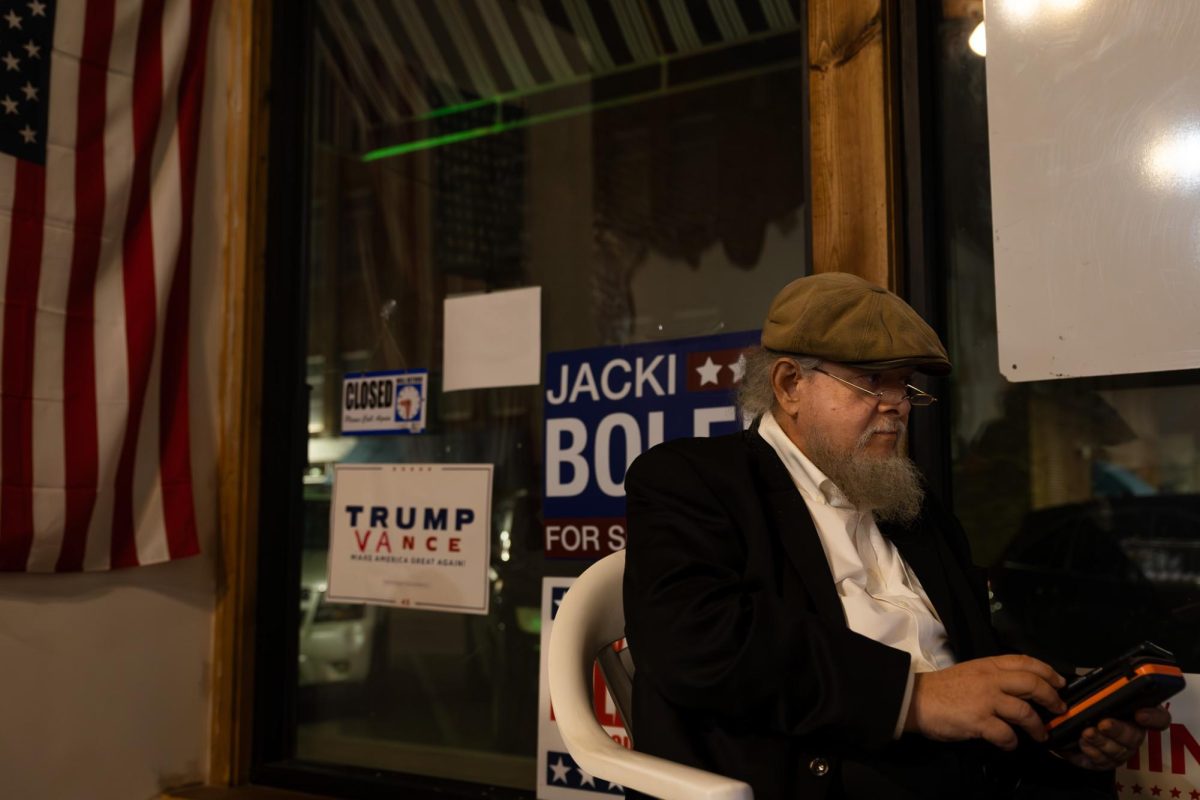

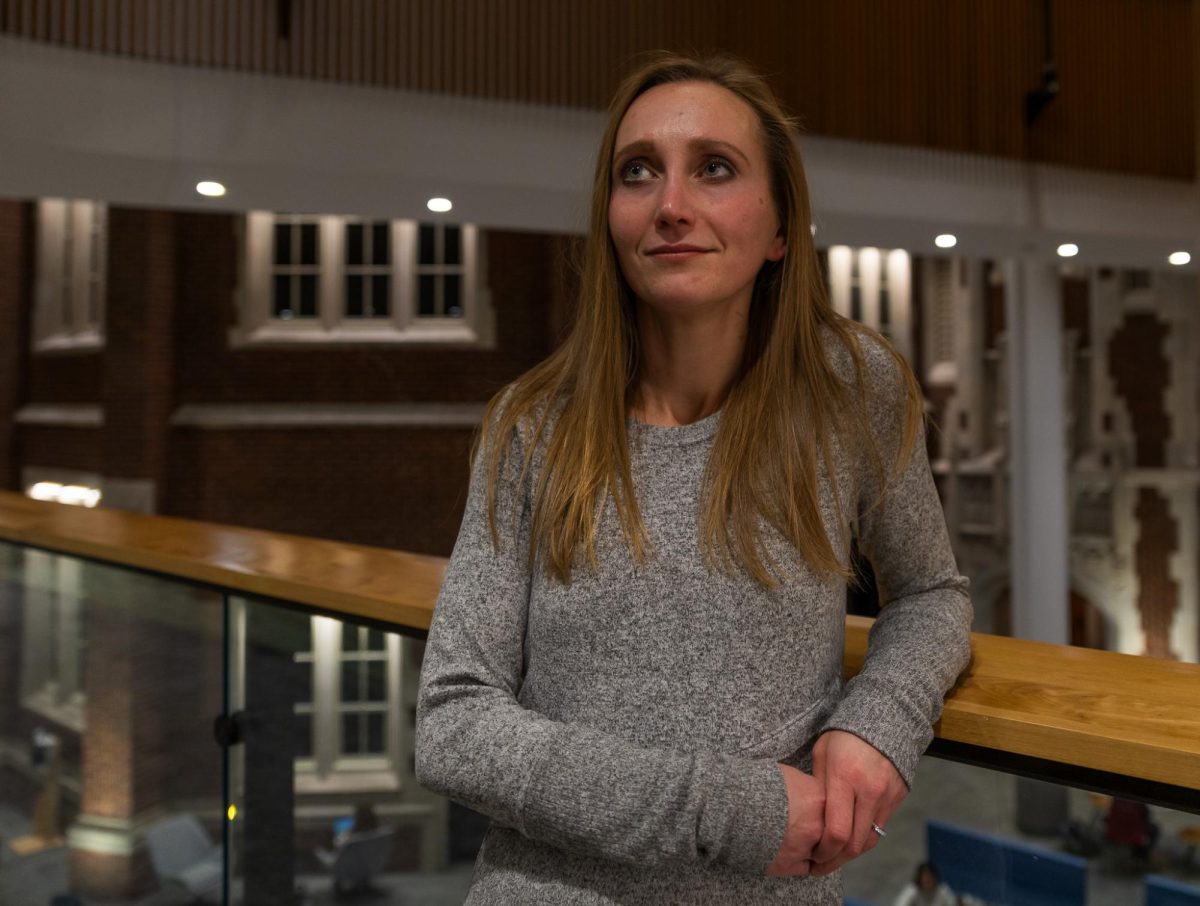
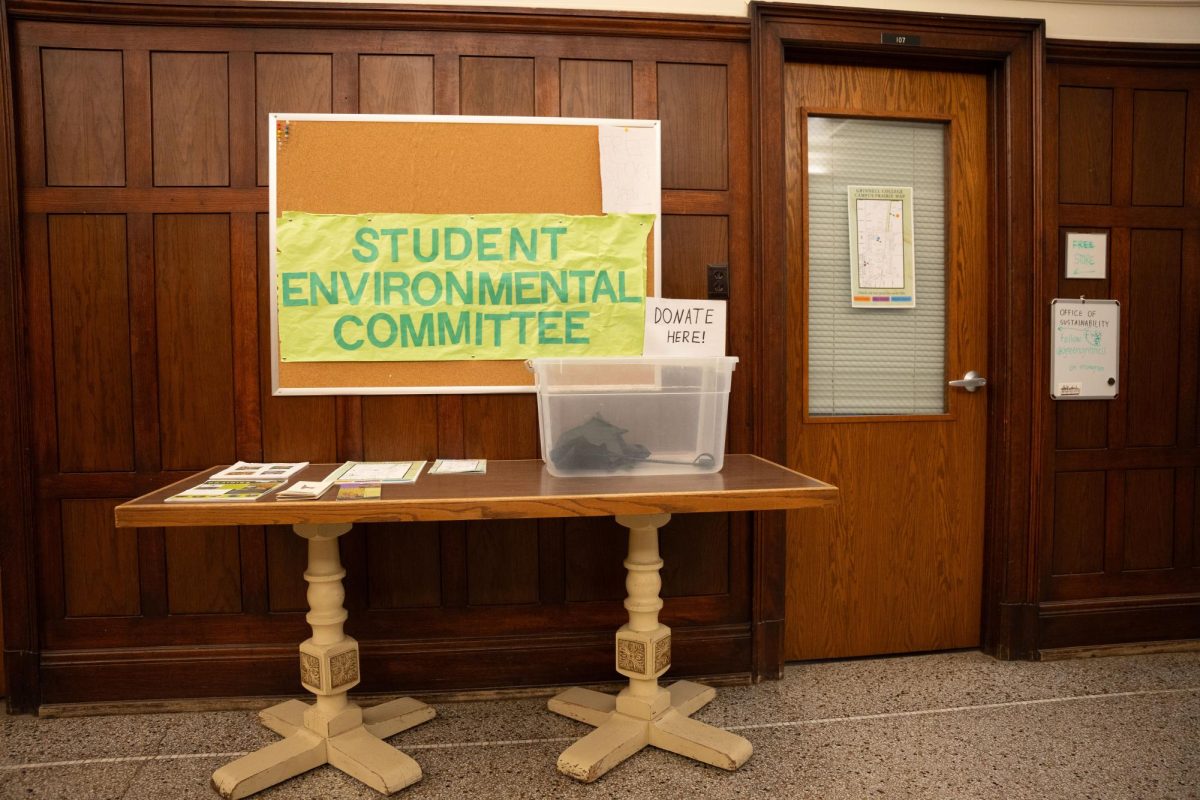



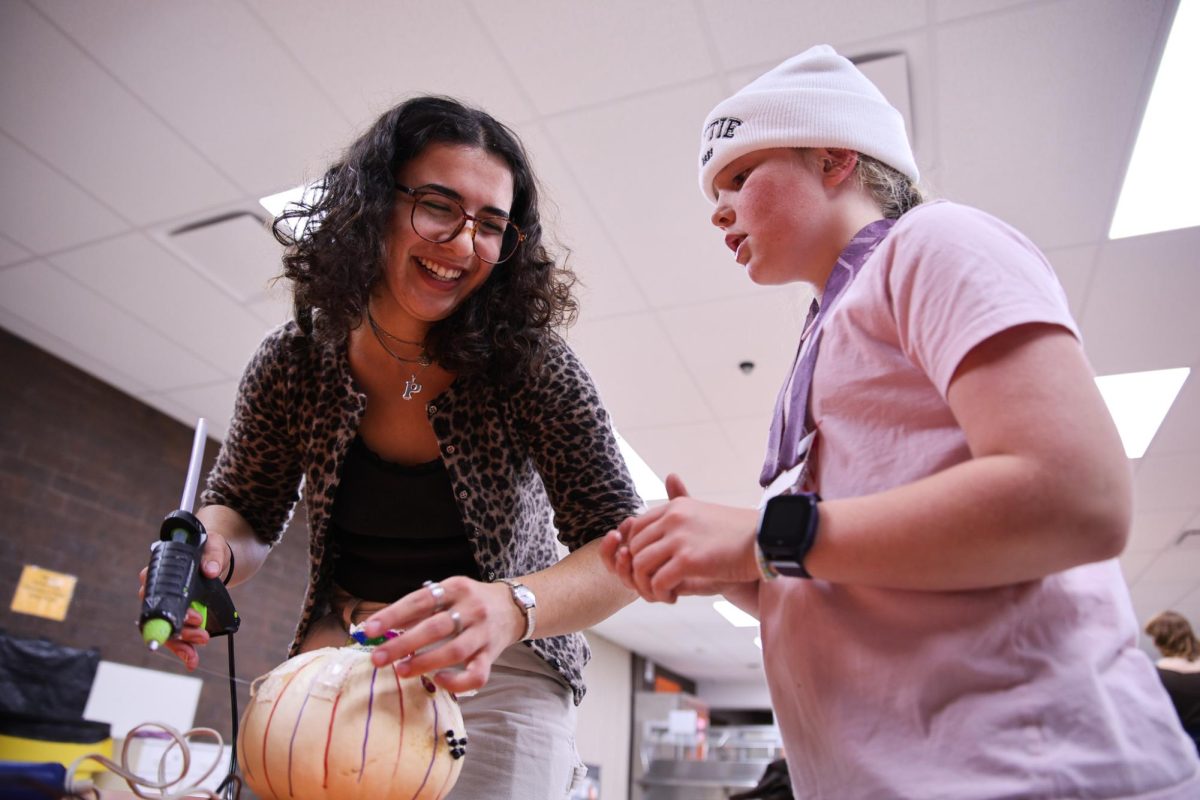

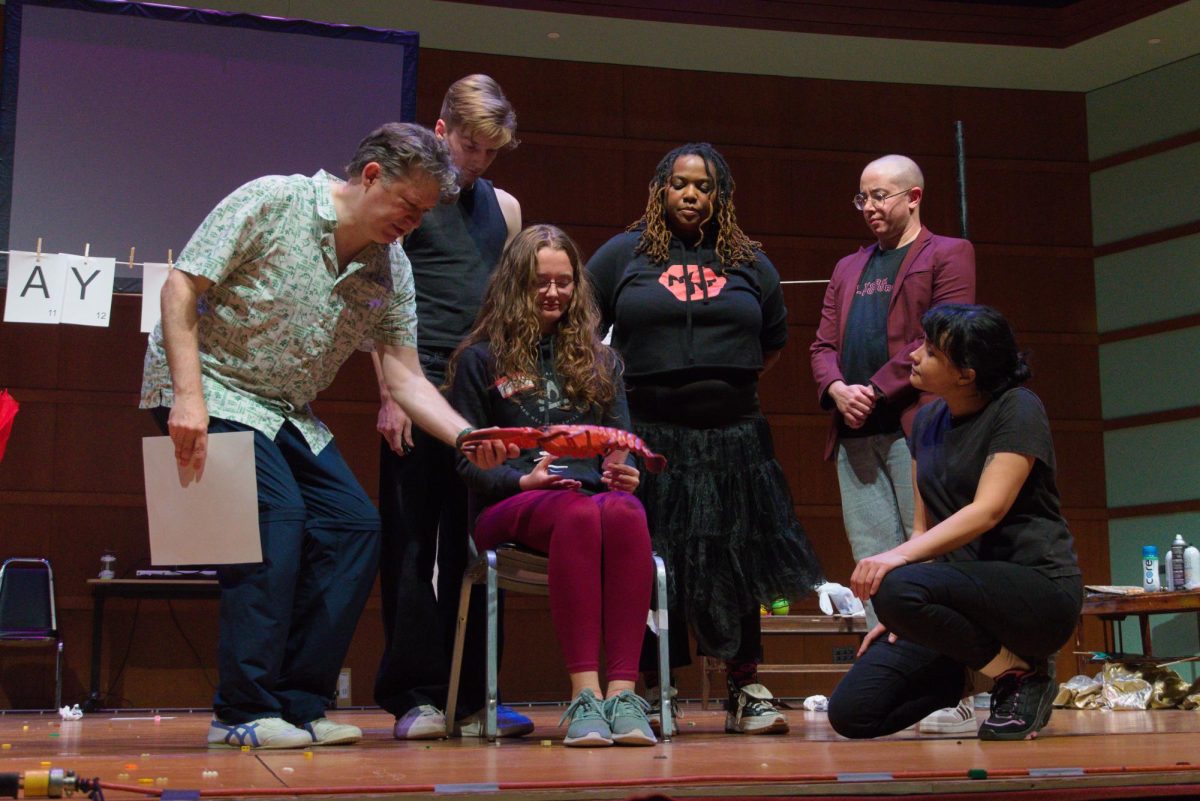

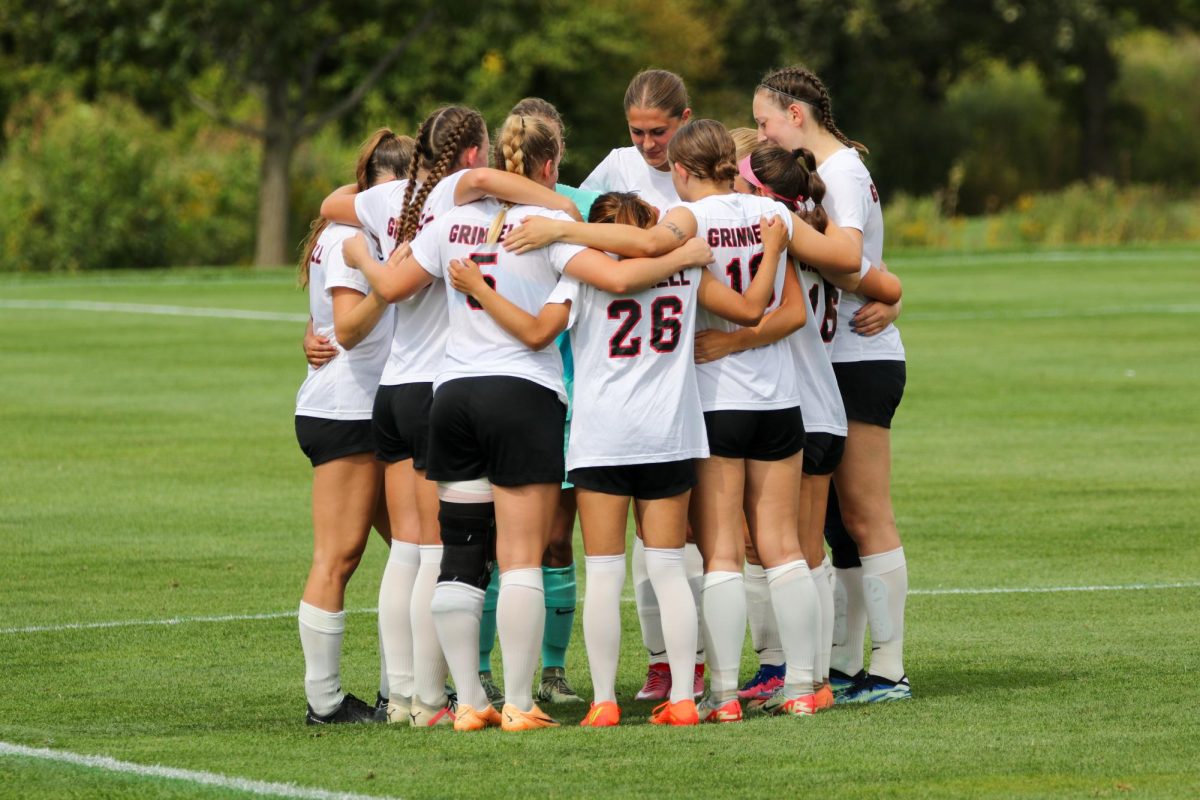
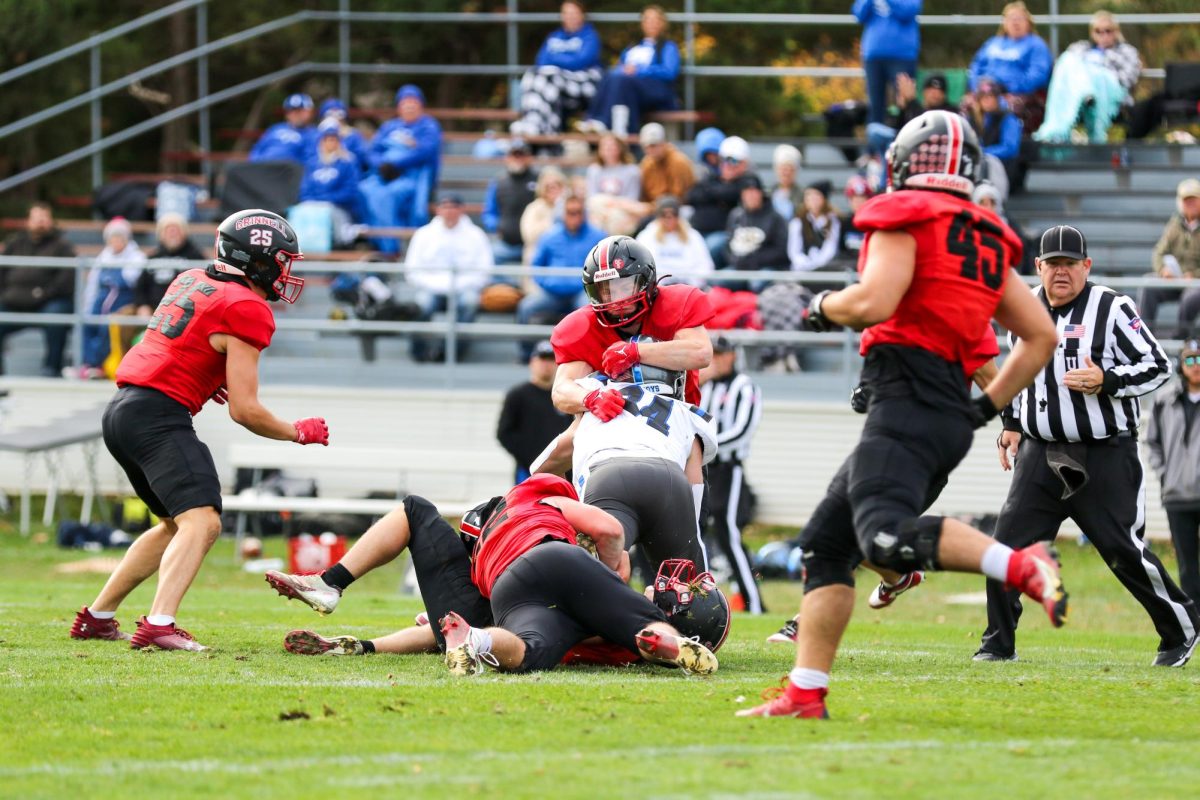
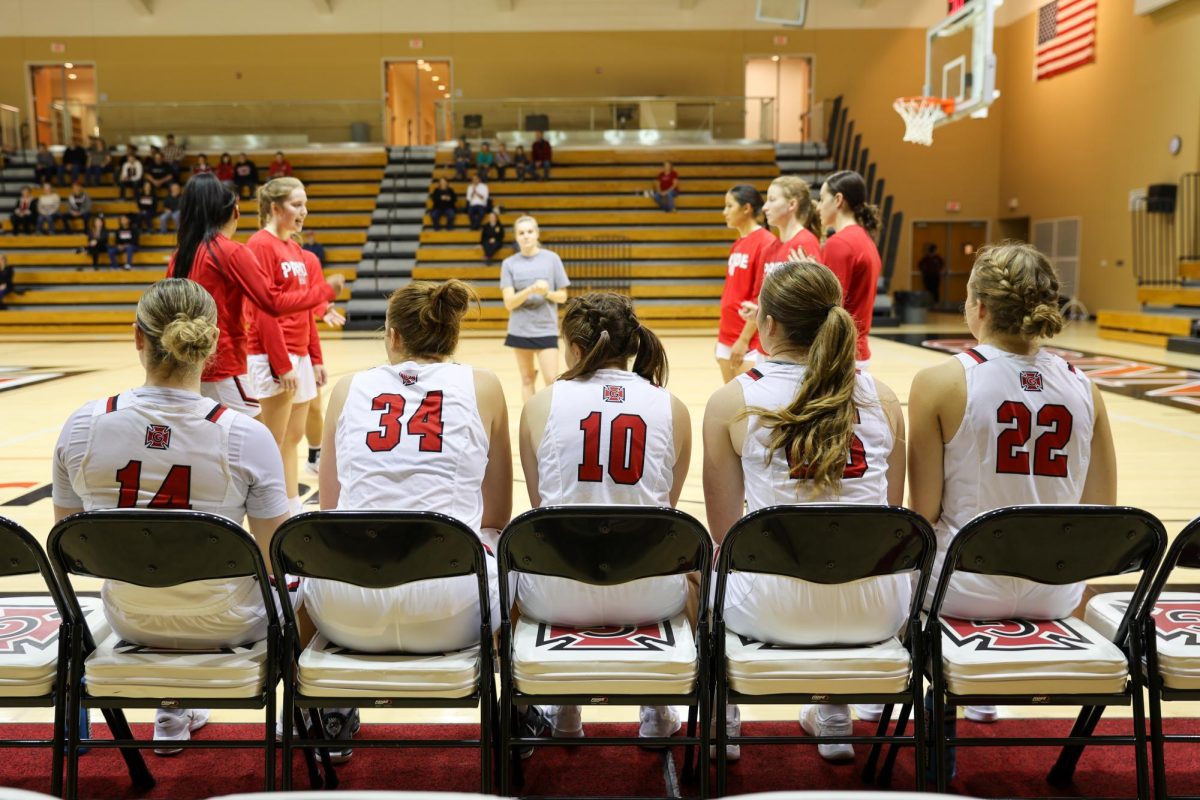





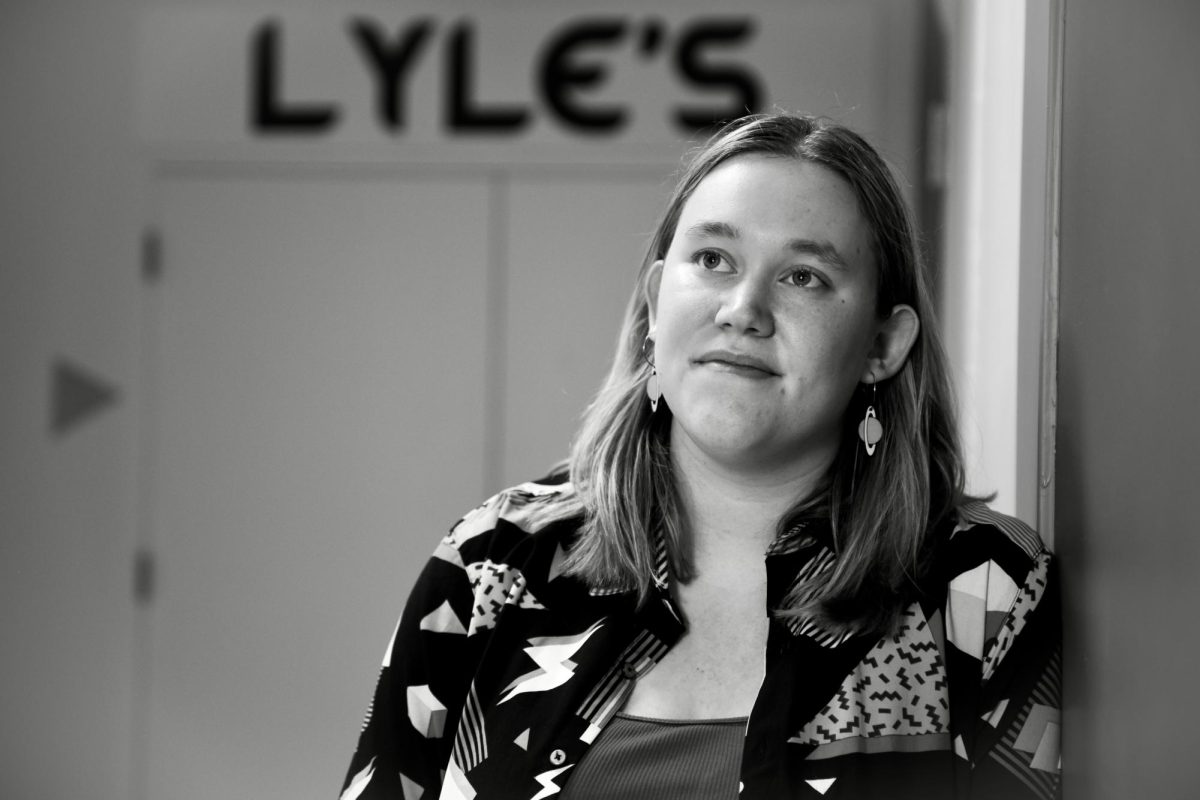



















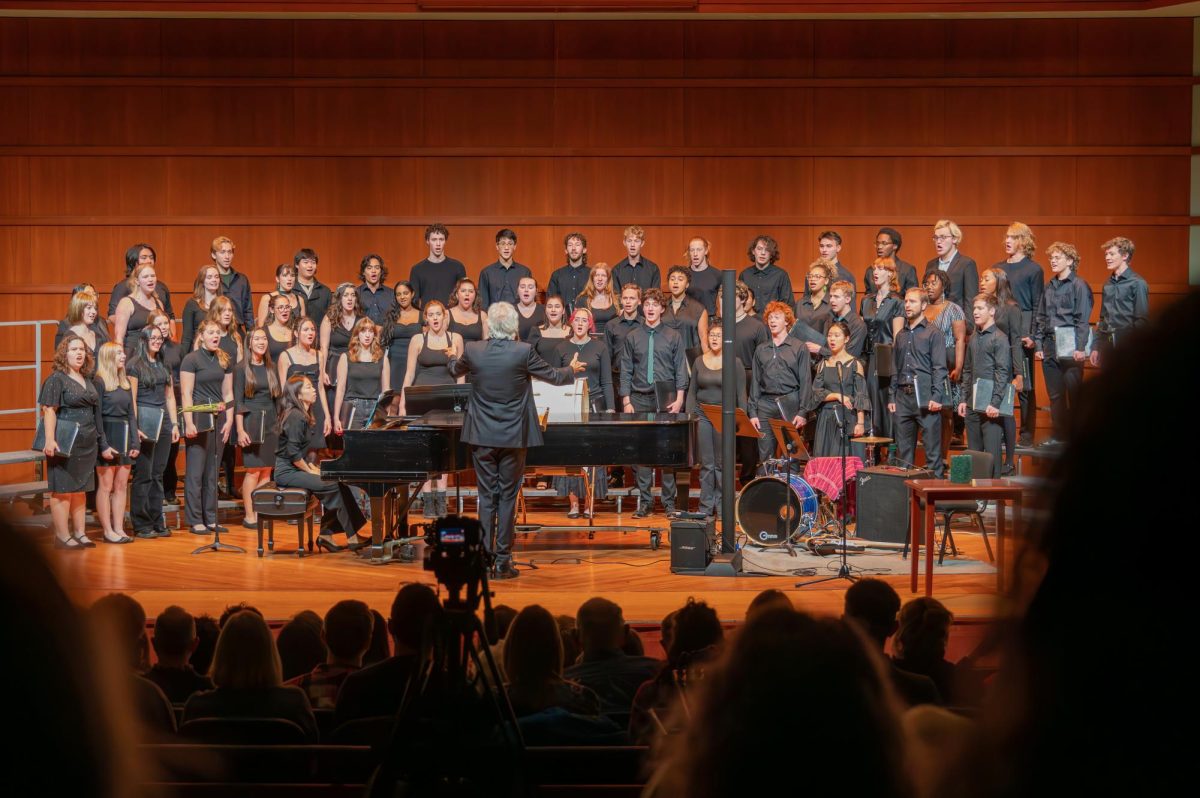
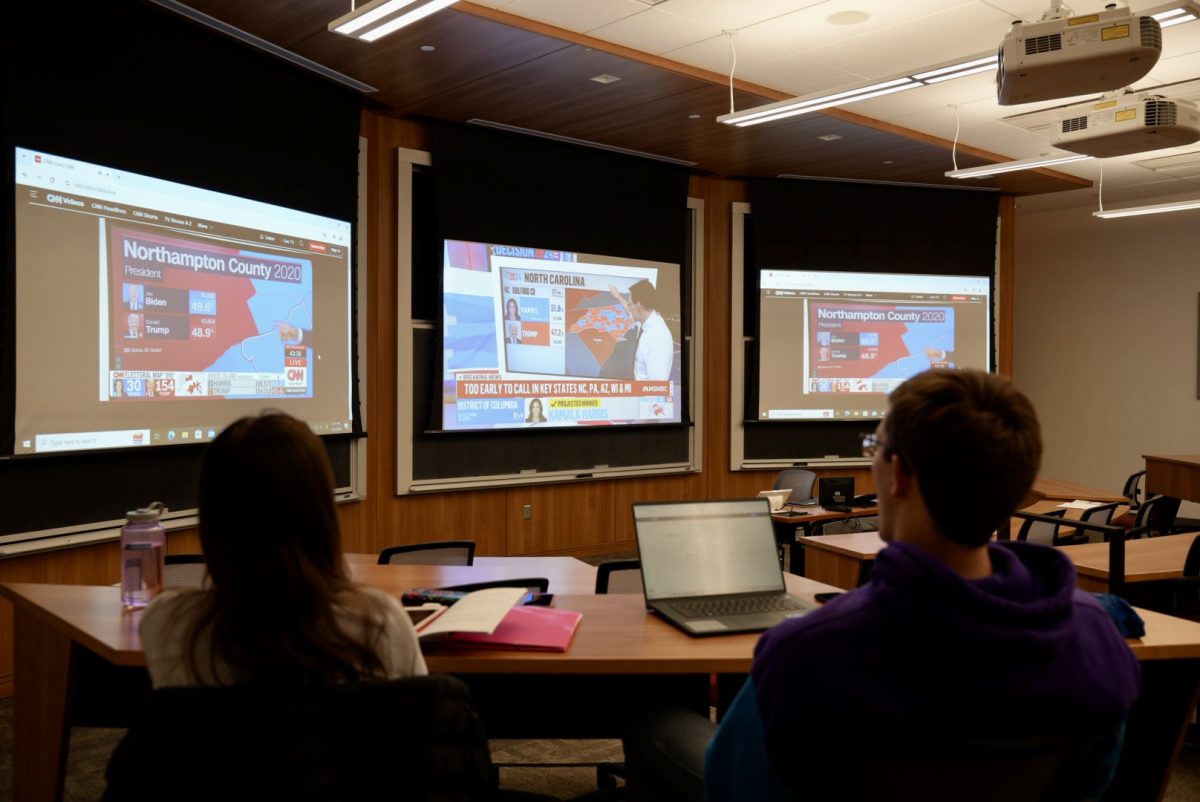




ZRS • Oct 3, 2024 at 12:41 am
Brilliant opening paragraph
Jean McKenzie • Oct 1, 2024 at 10:20 am
Let’s talk about need blind admissions.
I benefitted.
To assume that the endowment does not earn compounding interest in 12.5 years is a flawed measure. Alumni donations and legacy donations may indeed become the fish and bread of sustenance.
Let’s request that the oracle of Omaha rejoin our small Board and guide us through investments in AI, alternate energies and Asian chip manufacturers. Also if I may be so bold, American Campus Communities needs to build small scale communal residences with shared living and kitchen spaces. This is the very latest in experiments in social learning.
David • Oct 1, 2024 at 12:36 am
Really hope that no sane person in the administration ends up falling for this… Stay strong, the few adults in the room!
And a bit of encouragement for the sane people at Grinnell… (well since honorably mentioned in the article… my fellow Economics majors…) the world outside of the tiny Grinnell College bubble is much, albeit not too much, sane.
Zero idea for fiscal responsibility… or maybe any responsibility.
Can’t believe that the same people who talk about inter-generational equality / protecting the environment / save resources for the future generations is talking about spending what the past generations have saved up and leave the future generations with nothing… And let’s do the same for the country too lol… Just keep spending until we are broke… in style… cuz like this article said… WHY NOT lol
Sherif • Sep 30, 2024 at 4:31 pm
hear, hear!
Daanyal Ahmed • Sep 30, 2024 at 11:39 am
Raffay Piracha delves into what makes Grinnell, Grinnell. Lovely work by a lovely human being!